Join the organic movement and support local organic farmers while enjoying tasty meals. In this post, we celebrate Organic September by going over what organic means, why you should shop organic and five tips to help you on your journey after this Organic Month.
Check out our recipes tab for inspiration of van-friendly meals you can make with fresh organic produce in a tiny van kitchen or using an outdoor cooker. We are constantly adding new meals to our Vanlife Eats recipe database, so there are always plenty of meal ideas to choose from when you are planning a trip away.
We realise that funds and resources may be limited when on a van life adventure, but there are many reasons why consuming organic products are better for your health and the enviroment.
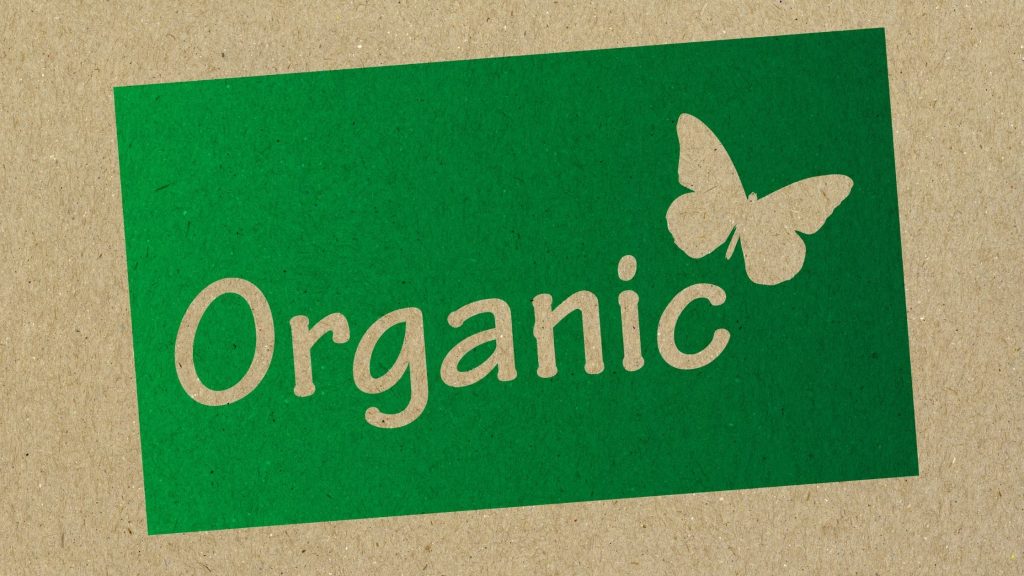
What is Organic Month?
Organic Month, aka Organic September! The Soil Association has dedicated September to championing the benefits of organic foods and sustainable farming without pesticides for farming that is better for our health, local wildlife and the planet.
So as September ends join us and begin to shop more organically when you travel on the road in your van and make some easy swaps to reduce your environmental impact with nature-friendly foods every month – let’s not limit it to one!
What Exactly Does ‘Organic’ Mean?
The term organic when referring to crop production is farming using methods that consider the whole ecosystem. This means that farmers must consider how their farming impacts the soil, ecosystems, wildlife, water sources and the people who live near the farm or consume the foods. For a farm to certify as organic, the government must inspect it annually. In order to pass inspection, this is what the farms must consider:
- Using fewer or no pesticides. Pesticides are chemicals applied to crops to eliminate pests such as insects that eat the crops or weeds and fungus, which can kill the plants. Organic farming uses natural means of protecting the crops and encourages biodiversity rather than punishing it with chemicals.
- Using no synthetic fertilisers and instead focus on using natural products, such as animal manure and compost.
- Avoid using antibiotics for animals.
- Typically GMO-free.
Why You Should Swap To Organic Produce

- Better for the Planet
Organic farming reduces the impact of agriculture on local ecosystems as it uses fewer chemicals in the soil and does not leach harmful substances into the water supplies.
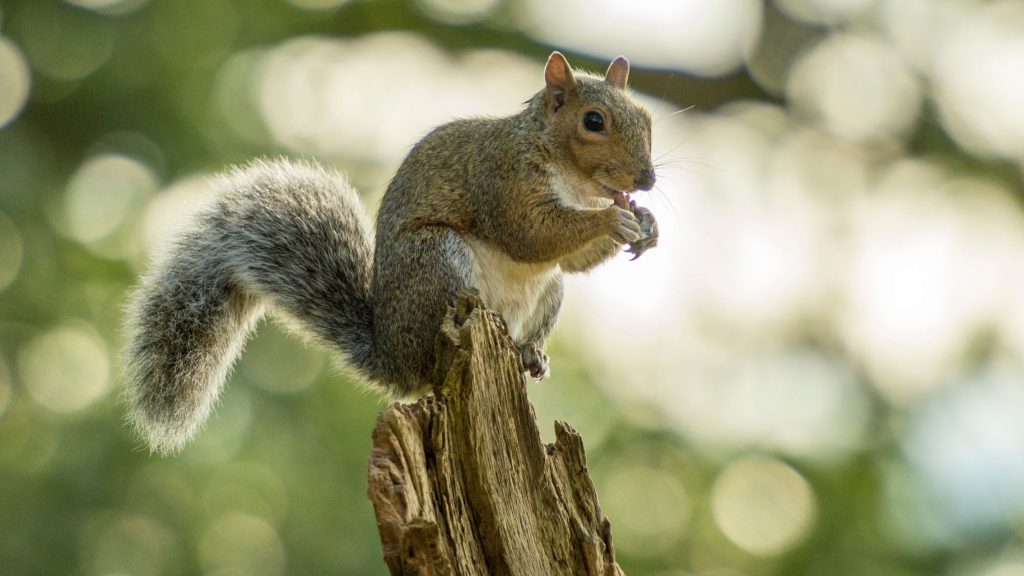
- Better for Wildlife
Decreasing pesticide dependence can help preserve wildlife populations and sustain (and hopefully increase) local biodiversity.
- Better for the People
Pesticides can also be harmful to humans to ingest, and there is also a risk of antibiotic resistance.
5 Top Tips Choosing Organic Goods When Travelling In Your Van
Some tips about supporting the organic farming movement may suggest growing food at home, in an allotment or in communal gardens. However, living and travelling in a van makes it challenging to implement these ideas, so we have come up with five easy ways you can get involved in Organic September and in the future.
- Choose Organic Fresh Produce
Of course, the most obvious way to help the organic movement is to vote with your pennies and purchase organically grown foods. Make conscious choices to choose organic varieties of your favourite fruits and vegetables at supermarkets or, better yet, find organic farmers markets and support local sellers and independent shops.
When you are on the road, look out for the word ‘organic’ on packaging, check the UK-origin produce number – it should say GB-ORG-XX when the food is certified organic – or look out for the EU organic logo, which is a green symbol with stars in a leaf shape.
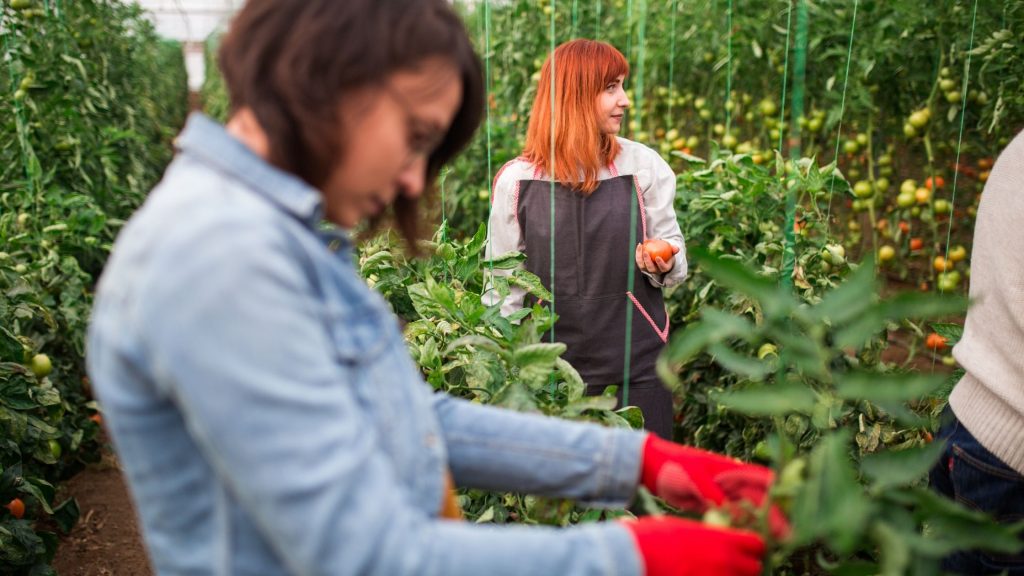
- Volunteer at an Organic Farm
The beauty of travelling in a van is that you can choose a destination where you can volunteer. This is a great way to support farmers, meet new people who share your values and learn about the importance of organic farming.
Use WWOOF UK to connect with almost 400 organic farms all over the country and lend a hand along your trip. They have also partnered with 132 countries worldwide, so you can find communities living sustainably on organic farms almost anywhere you plan to travel.
- Support Organic Cafés and Restaurants on the Road
Do your research about the area you are travelling to or any stops along the way and pinpoint any places using certified organic produce on their menus. The Soil Association has several examples, or you could search on Google or using social media hashtags to find places on your route.
- Eat Seasonally
Eating seasonally is another way you can reduce the environmental impact of your food as the food is likely to have been grown more locally, use less packaging in transportation, and use less water. Not only this but eating foods in season actually taste better and may even contain more nutrients as the flavours are able to develop when picked at peak times of the harvest.
Check out the HUBBUB guide to eating seasonally for more information about what foods are in seasons locally to you or where you are travelling.
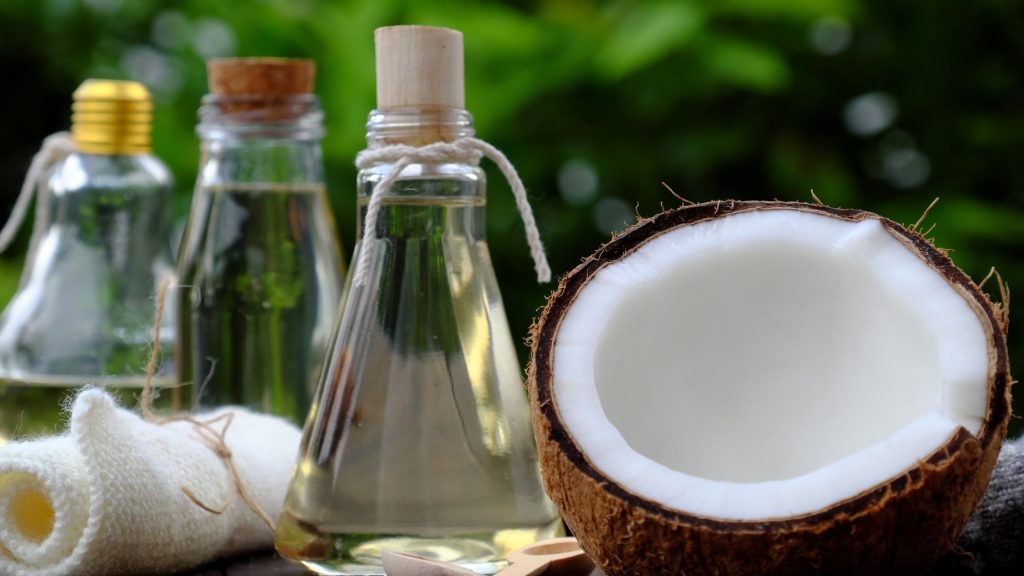
- Shop for Sustainable Beauty and Cosmetics
If you have nailed shopping for organic food, how about considering your beauty, cosmetic products, or even cleaning supplies? Just like you can avoid the overuse of pesticides and contribute to farming practices that harm wildlife when you shop for organic food, you can avoid products that use harsh chemicals and test on animals. Instead, you could opt to make your own products or take a peek at the Soil Association’s cheat sheet to find beauty and wellbeing products.
Summary
Happy Organic September van lifers and travel enthusiasts!
Hopefully, you have gained some new knowledge about what it means to be organic and how to support organic farming and sustainably grown food.
Let us know your favourite way to shop organic on the road or if you have had any experience volunteering at an organic farm. We would love to share your experiences on @Vanlife_Eats on Instagram.



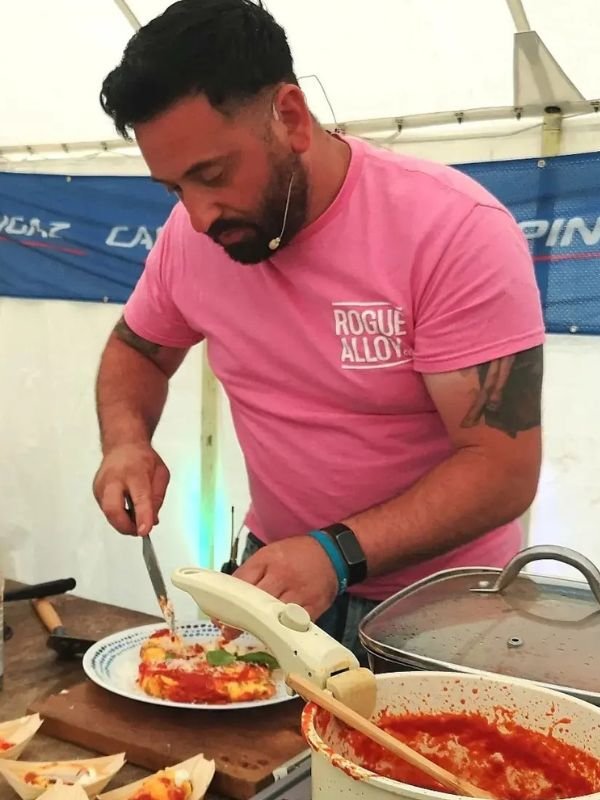
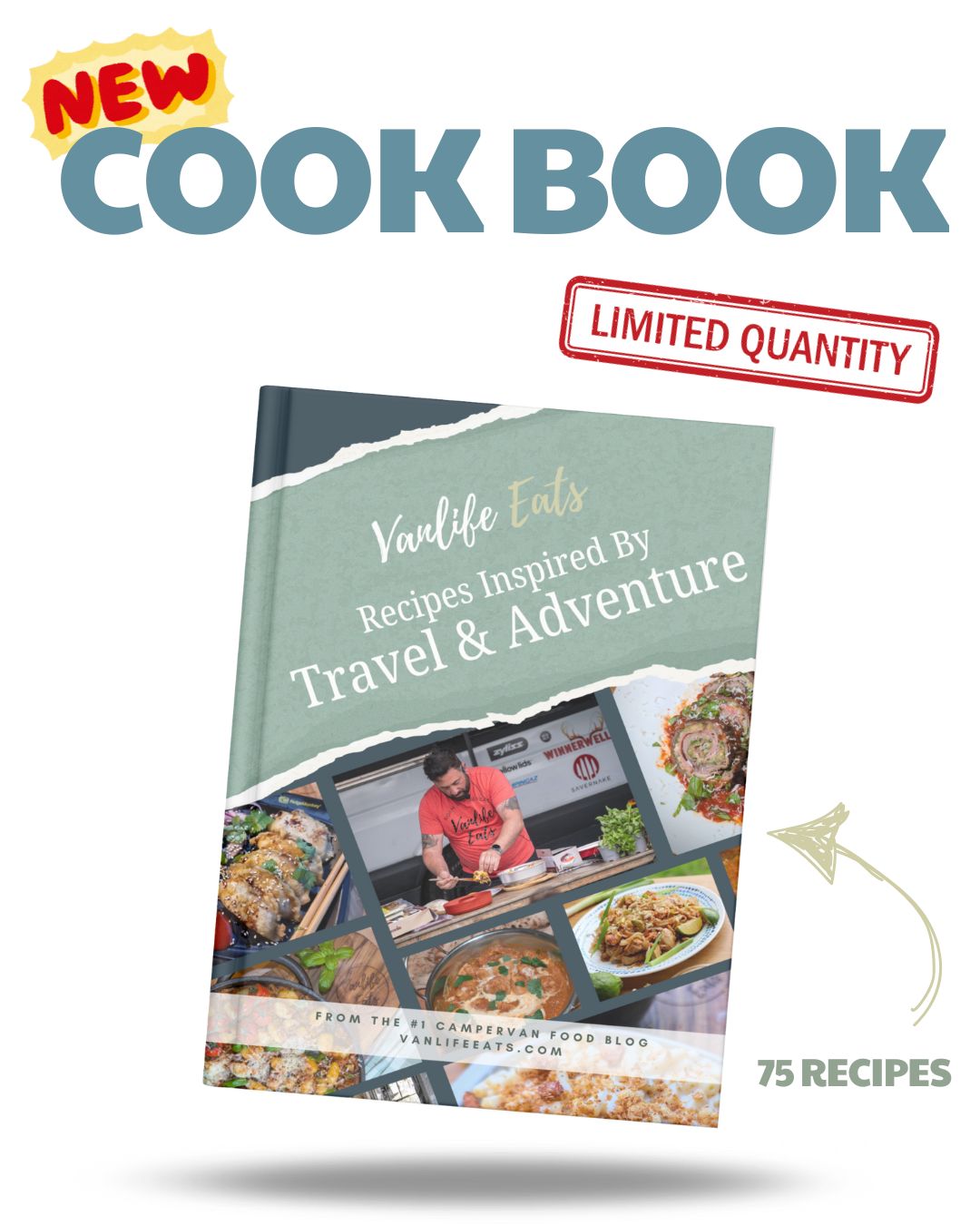

0 Comments